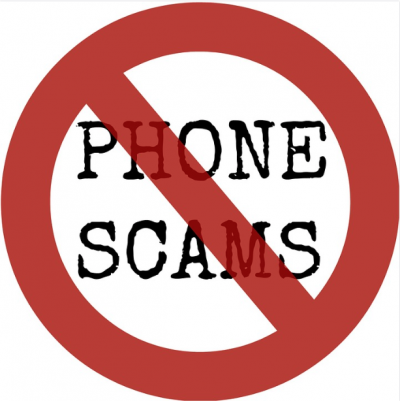
The Information Commissioners Office has fined a home security company £90,000 for making thousands of nuisance marketing calls.
Smart Home Protection Ltd based in Staffordshire was behind 118,000 unlawful marketing calls between January 2017 and September 2018, the calls were made to people registered with the TPS. It is against the law to make marketing calls to numbers that have been registered with the TPS for more than 28 days, unless people have provided consent.
After the ICO began receiving complaints about the company, an investigation began. They learnt that between 10 January 2017 and 24 September 2018, the commissioner received 125 complaints about unsolicited direct marketing calls made by Smart Home Protection Ltd. Of those, 97 complaints were made to the TPS, with a further 28 made direct to the commissioner. All of these complaints were made by individual subscribers who were registered with the TPS.
Here are some examples of the complaints received about Smart Home Protection: “Smart Home Protection said they were following up on a contact a couple of years back. Mentioned the police and made it sound like it was something to do with them. I asked if it was insurance and she said no then started the spiel again. I asked was she selling something and she said yes so I told her I had never heard of them, and was registered with TPS and would report them.”
“A woman claimed that I needed extra home security because the cuts in police funding meant I am liable to become a victim of crime.”
“Offering to visit me during a forthcoming campaign in the Colchester area selling some sort of panic alarm. The script was designed to imply a connection with the police.”
“I have physical movement difficulties and I am sick of having to get up and answer unwanted calls. They are preying on the fears of criminal activity against people at home.”
In September 2018, the commissioner wrote to Smart Home Protection Ltd to warn them they could face penalties of up to £500,000. Smart Home Protection Ltd explained that they had invested in a cloud based dialler system to assist their outgoing telesales. The firm also purchased third party data without undertaking any sufficient due diligence, to check whether they had the consent to call people.
Stephen Eckersley, ICO’s Director of Investigations said: “Smart Home Protection has been in business for many years, so they should have been fully aware of their data protection obligations. It is a company’s responsibility to check the TPS and make sure that it has valid consent to make marketing calls. If they don’t, they can expect robust enforcement.”
The advice for people who receive nuisance marketing calls, emails and texts is to ask the company to remove their details from their lists, read the small print and be careful about ticking boxes which could give them consent to contact you and to report them to the ICO.
Companies that carry out electronic marketing and want to make sure they are complying with the law, should subscribe to the TPS for a fee to get the register of subscribers to screen against their own call lists. Further advice is available on the ICO website.
The ICO has the power to issue fines up to £500,000 to firms who carry out nuisance marketing under the Privacy and Electronic Communications Regulations.
What to do if you receive a nuisance call.
People who receive nuisance marketing calls, emails and texts is to ask the company to remove their details from their lists, read the small print and be careful about ticking boxes which could give them consent to contact you. People can also report cold calls or texts that either played a recorded voice message or from a real person, to the ICO. The ICO will use the information you provide to investigate and take action against companies responsible.
What is a nuisance call ?
A nuisance call or cold-call is an unsolicited telephone call from a business seeking to attract new customers. Cold Calling is not illegal, however, there are restrictions on how and when a marketing cold-call should be made. The new GDPR regulations along with the ICO’s Privacy and Electronic Communications Regulations tighten up these restrictions, and as from 25 May 2018, any organisation involved in cold calling will have to abide by strict guidelines or face hefty fines. The only instance where you can be lawfully cold-called is if you have given consent before being contacted.
In addition, organisations cannot call numbers that are registered with the TPS. The TPS (Telephone Preference Service) is a free service. It is the official opt out register on which you can record your preference not to receive unsolicited sales or marketing calls. It is forbidden for organisations to make telephone contact with anyone registered on the TPS database.
To register with the TPS follow this https://www.tpsonline.org.uk/tps/number_type.html
You can also log a complaint with the ICO here: https://ico.org.uk/make-a-complaint/nuisance-calls-and-messages/

